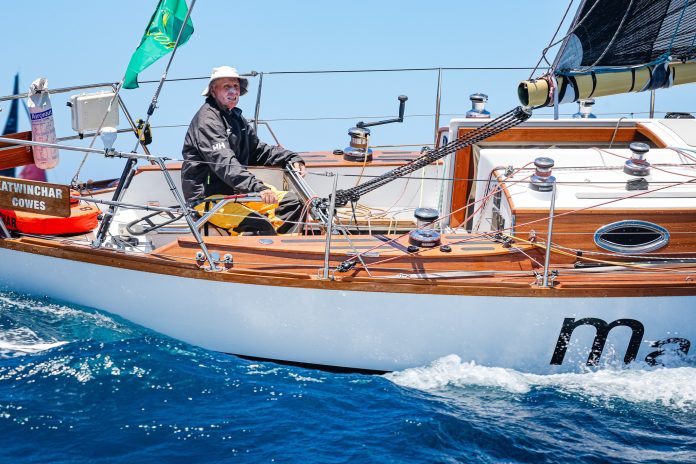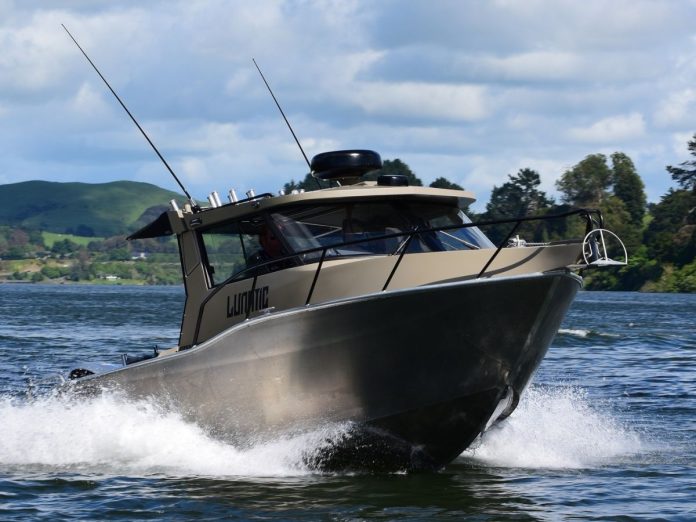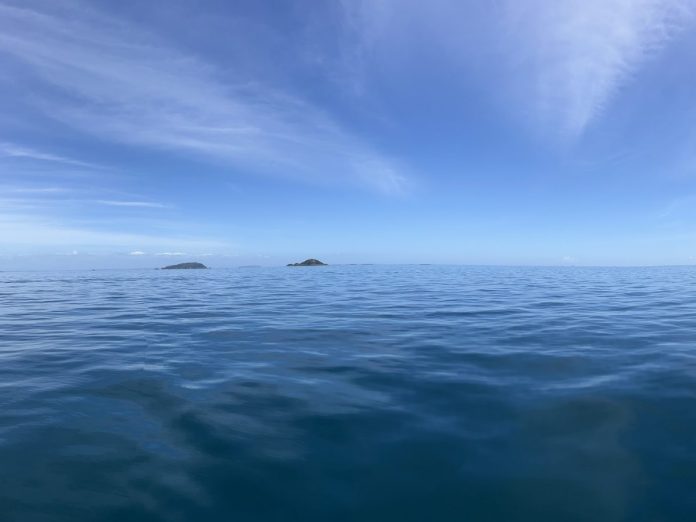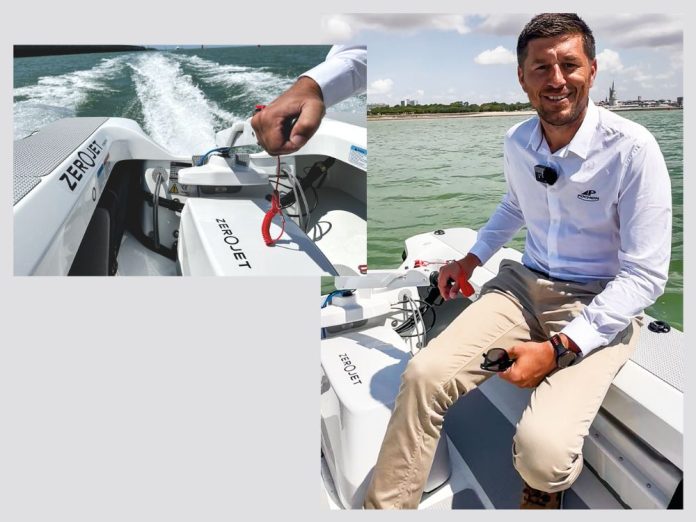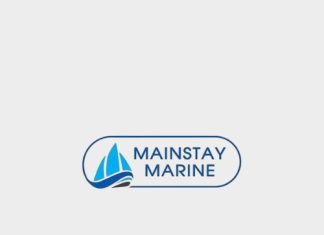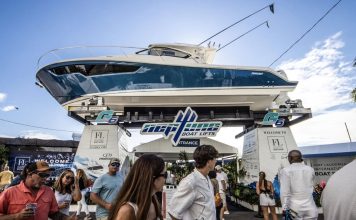A national statement for a national pastime
At the 2025 Sydney Boat Show, the Boating Industry Association (BIA) released the National Recreational Boating Statement, the first coordinated nationwide report into the sector’s scale, value, and future.
BIA CEO Andrew Fielding framed it simply: “Australia is a lucky country, with some of the best conditions for boating in the world. We also have an industry making some of the best boats and marine products. But demand for skills is our single biggest challenge.”
The report lays out forecasts that by 2030 more than 2.9 million Australians will hold a boating licence, with over one million registered boats on the water. Annual expenditure on boating and related services is expected to reach $20 billion.
What Australians are boating in
The family runabout remains the nation’s favourite boat, most often under 7m in length. (This will include New Zealand manufactured trailer boats that are sold in Australia.) But the standout growth segment is personal watercraft (PWC), with registrations climbing 28% over five years. Paddlecraft, sailing dinghies, and hire-and-drive boats are also increasingly popular, reflecting how diverse and accessible boating has become.
Fishing dominates activity, with almost half of respondents in the National Recreational Boating Survey 2024 nominating it as their primary reason for getting afloat. Beyond fishing, cruising, exploring, and family time are consistently high on the list.
The blue economy
Economically, boating punches above its weight. The BIA estimates more than $10 billion in direct annual turnover from the sector, with over 2,000 businesses and 35,000 employees — most of them in small firms with fewer than 10 staff. When unregistered craft and informal boating are added, the public’s total spend is closer to $15 billion a year.
Industry sectors span everything from boatbuilding and yard services to marinas, retail, tourism, and professional trades. The report highlights that expenditure per boater averages around $14,000 annually, with significant flow-on benefits across local economies.
Social and wellbeing benefits
Boating is not only about dollars. The report reinforces its social value, with research showing clear links to mental health, physical activity, and community connection. More than 90% of surveyed boaters believe recreational boating has a significant positive impact on wellbeing.
This aligns with international findings: many of the world’s happiest nations, such as Finland and Denmark, also enjoy strong boating cultures.
Challenges ahead
Despite its strength, the report doesn’t shy away from pressing issues.
- Skills shortages top the list: 93% of marine businesses are concerned about labour supply, especially in trades like marine mechanics, shipwrights, and electricians. Apprenticeships are thin, training access is patchy, and female representation remains low.
- Infrastructure: ageing ramps, marinas, and moorings require urgent investment. Demand is surging, and councils often lack specialist knowledge for upkeep.
- Sustainability: while recreational boating contributes less than 0.1% of global emissions, consumers and policymakers are demanding greener boats and cleaner practices.
- Government recognition: boating is often viewed purely as transport. The Statement calls for stronger cross-government coordination to reflect its broader economic and social role.
Looking towards 2030
By 2030, Australians are forecast to spend $20 billion annually on boating, driven by growth in licence holders, diverse participation, and new models such as boat-sharing.
The Statement sets out a strategic framework built on four pillars — awareness, insights, investment, and resilience — with recommendations including:
- Broaden participation across demographics
- Improve national data collection
- Develop a National Marine Careers Plan
- Strengthen environmental responses
- Expand national collaboration beyond safety to all aspects of boating
Charting the course
For Australia’s boating community, the National Recreational Boating Statement is more than a report. It is a call to recognise boating as a cornerstone of national life — cultural, social, and economic.
As Fielding said at its launch, “This is one of the major outdoor leisure activities in this country. Millions of people already participate, and millions more will by 2030. The challenge is making sure we have the skills, infrastructure, and sustainability to support them.”








